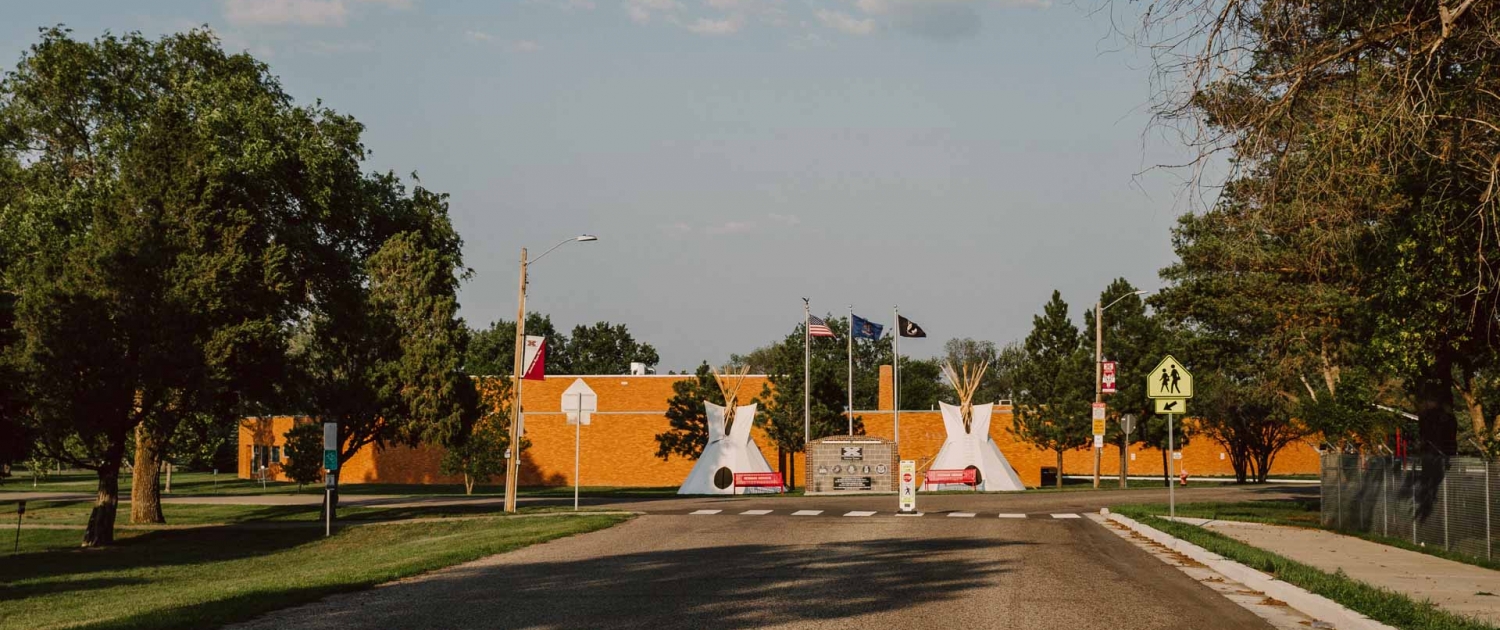This October, residents and agencies in the Bismarck region are stepping up their digital defenses. The state’s IT agency, North Dakota Information Technology (NDIT), headquartered at 4201 Normandy St., Bismarck, launched its annual Cybersecurity Awareness Month campaign with a punch: “Stay Cyber SMART.” The initiative aims to arm citizens with practical tech-hygiene habits—from strong unique passwords to multi-factor authentication.
Cyber threats are no longer remote risks; they’re very local. With the campaign kicking off on October 1, 2025, NDIT emphasized that the digital safety of Bismarck’s households, small businesses and local government offices draws on the same principles as corporate digital defense.
For the community in Bismarck, this effort connects to everyday realities—municipal services, school systems, local businesses, and even personal banking all rely on robust cybersecurity. With the state’s IT base located here, the campaign has a local angle: “When the state is safer online, Bismarck is safer,” said Chris Gergen, Chief Information Security Officer for NDIT.
The “SMART” acronym stands for: Set strong, unique passwords; Make multifactor authentication a habit; Avoid risky links or attachments; Regularly update software and devices; Take care with personal information. NDIT’s local presence in Bismarck means the outreach will include workshops, social-media drives and live “Ask the Experts” sessions accessible to state employees and citizen-users.
For businesses in Bismarck and surrounding Burleigh County, the campaign emphasises how even smaller enterprises (with less IT infrastructure) are targets of phishing attacks or ransomware.
Residents should pay extra attention during this month: with many seasonal online purchases (holiday shopping starts early) and remote-work increase, vigilance becomes timely.
Bismarck serves as the hub of state operations for ND government IT services. Any compromise at the state-level IT infrastructure can ripple into local services—parks & rec systems, public utilities, K-12 education tech in the metro area.
Thus, the campaign isn’t just a statewide message—it has direct implications for everyday technology users in and around Bismarck.
Moreover, with agencies like the North Dakota Department of Environmental Quality (also headquartered on Normandy Street in Bismarck) holding sensitive infrastructure data, cybersecurity isn’t a niche issue—it touches environmental monitoring, public health, utilities and more.
In a recent phone call with a staffer in Bismarck, Gergen emphasised: “Phishing isn’t just a nuisance—it can shut down a local government function, it can freeze services that Bismarck residents rely on. So the small habits we build today matter.”
As Bismarck ushers in a crisp fall, the message from the state’s IT hub is clear: digital safety starts with you. The “Stay Cyber SMART” campaign isn’t just a catch-phrase—it’s an invitation to every resident, every small business, and every tech user in the metro to take a few minutes now and protect tomorrow.
By embracing strong passwords, activating multi-factor authentication, avoiding risky links and keeping devices updated, Bismarck can help lead North Dakota into a more secure digital era.

